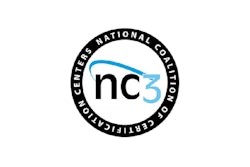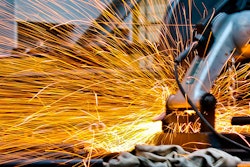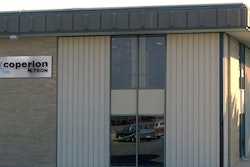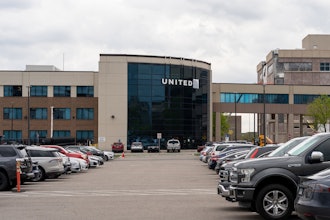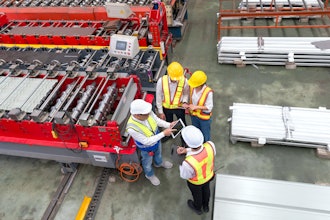“We knew we were facing a problem when we had tens of jobs open and not a single qualified candidate was applying,” said CEO of Precise Tool and Manufacturing, John S. Gizzi. “Customers were ordering parts, but we had to wait to machine them because so many of our machines sat unmanned.”
It’s not an unusual issue; nearly 75 percent of manufacturers are facing a moderate-to-severe shortage of skilled workers and that number will only continue to grow as baby boomers go into retirement. Companies across the nation are missing out on potential revenue because they can’t find enough employees to keep up with increasing demand.
Many manufacturers had turned to traditional means of recruitment, including Precise Tool. After years of posting on job boards, billboards, and ads on the radio, they still were not receiving the applications they were hoping for.
In 2012, Gizzi had an unconventional idea: he decided to start a school that would train people to be the qualified CNC machinists and programmers Precise needed.
That year, he opened the doors to the Precise CNC Machining Institute (PCMI) in Rochester, New York.
“Even though the contract manufacturing job market was growing, the number of people training for the industry was shrinking. We realized a huge opportunity there: we could offer a real, life-changing career to people and solve our labor shortage.”
PCMI takes in approximately eight students every program. Those who complete the program will be ready to start a job in manufacturing after graduation.
Students learn the ins and outs of manufacturing by attending a 14-week program that meets from 7:30 a.m.-4 p.m. Monday through Friday. The syllabus includes topics like safety and blueprint readings as well as tooling, speeds, and programming for a number of machines.
One key benefit of the program is that the students get paid to learn, Precise Tool gives each student an hourly wage for the full-time, 14-week program.
“We invest a lot in our students because we need them as much as they need us,” said Gizzi. “We’re basically paying them to train to be expert machinists who will hopefully work for us in the future.”
Over the past seven years, Precise has hired a majority of its graduates from the program.
Gizzi added, “We hire a lot of the students who graduate the program, and they allow us to run more machines on our floor than ever before. Without a skilled workforce, we would be unable to fulfill orders. PCMI was a huge undertaking for us, but the benefits have been incredible.”





